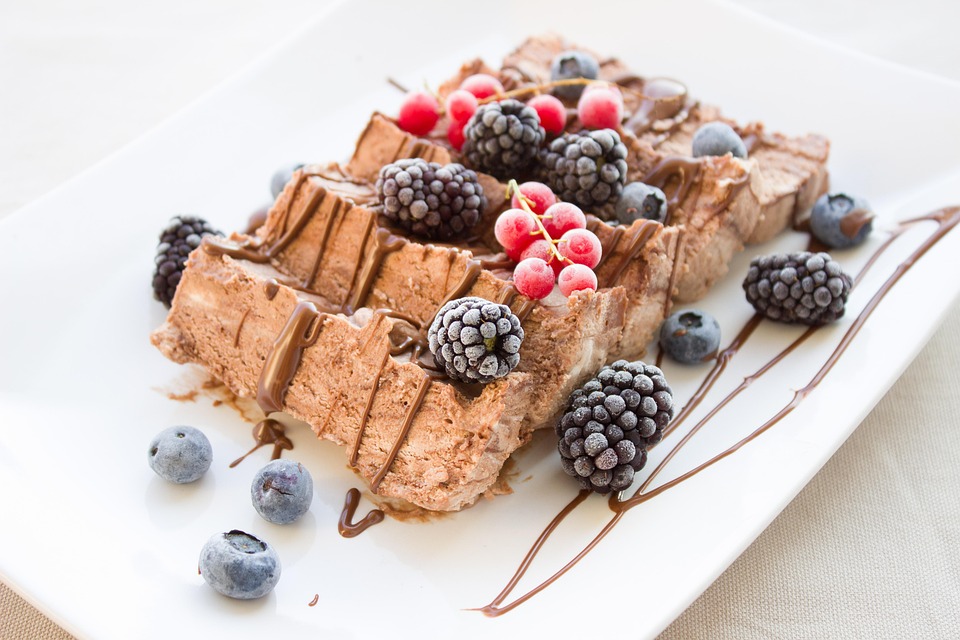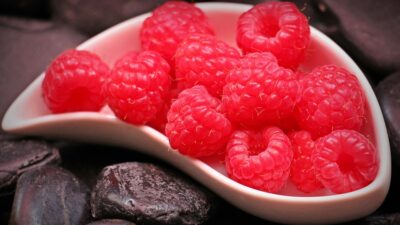Baking a perfect cake is an art form and a science rolled into one. Whether you’re preparing for a special occasion or simply indulging in a sweet treat, mastering cake baking can be both enjoyable and rewarding. In this article, we will explore the key elements to help you bake it ’til you make it!
1. Understanding the Basics
Ingredients Matter
A great cake is built on quality ingredients. Here’s a breakdown of crucial components:
- Flour: All-purpose flour is commonly used, but cake flour can yield a lighter texture.
- Sugar: Granulated sugar sweetens and helps with the cake’s structure. Experimenting with brown sugar can also add moisture and depth.
- Fats: Butter offers flavor, while oils can provide moisture. Use unsalted butter for better control over your cake’s saltiness.
- Leavening Agents: Baking powder and baking soda help the cake rise. Make sure they are fresh to ensure effectiveness.
- Eggs: These provide structure and moisture. Room temperature eggs will incorporate better into your batter.
Equipment Essentials
Having the right tools can make a significant difference:
- Mixing Bowls: Use a variety of sizes, including a large bowl for mixing ingredients.
- Measuring Cups and Spoons: Precision is key when measuring dry and liquid ingredients.
- Mixers: A stand mixer or hand mixer can greatly simplify the process.
- Pans: Invest in good quality cake pans. Non-stick options or parchment paper can also help with easy removal.
2. Technique is Key
Mixing Methods
The way you mix your ingredients can impact your cake’s texture:
- Creaming: Beat butter and sugar until light and fluffy — this incorporates air for a tender cake.
- Muffin Method: Combine wet and dry ingredients separately, then mix just until combined. This method is ideal for denser cakes or quick breads.
Folding
If your recipe calls for whipped egg whites or cream, folding gently ensures you retain air. Use a rubber spatula, and scoop from the bottom, gently lifting the mixture over itself.
The Importance of Temperature
Bringing ingredients to room temperature allows for better emulsification. Ingredients blend more easily, creating a smooth batter that results in a more even bake.
3. Baking Techniques
Preheating the Oven
Always preheat your oven to the required temperature before placing your cake inside. An accurately heated oven ensures even baking and consistent results.
Using the Right Bakeware
The type of pan can affect your baking. Dark pans absorb heat and may cause quicker browning, while light pans reflect heat and promote even baking. Always adjust baking time as necessary.
Don’t Open the Oven Door
Resist the temptation to peek at your cake. Opening the oven door lowers the temperature and can cause your cake to collapse. Use the oven light and a timer instead.
4. Cooling and Frosting
Cooling the Cake
Once baked, let your cake cool in the pan for about 10-15 minutes before transferring it to a wire rack. This prevents the bottom from getting soggy.
Leveling
For a professional look, use a serrated knife to level your cakes. This ensures a flat surface for stacking and frosting.
Frosting Techniques
Experiment with frosting methods for that perfect finish:
- Crumb Coating: A thin layer of frosting keeps the crumbs in place for a smoother final layer.
- Piping: Use piping bags for decorative touches. Practice makes perfect!
5. Decorating Your Cake
Keep It Simple
Sometimes less is more. A simple dusting of powdered sugar, fresh berries, or chocolate shavings can elevate your cake without overwhelming it.
Themed Designs
If you’re ready for a challenge, consider themed decorations. Use fondant for a smooth finish or try your hand at painting edible art with food-safe colors.
Conclusion
Baking the perfect cake is not just about following a recipe; it’s about understanding and applying the techniques that lead to success. With the right ingredients, techniques, and a bit of practice, you can master the art of cake baking. So remember, when it comes to baking — it’s not just about the destination, it’s about enjoying the journey. Bake it ’til you make it! Happy baking!



